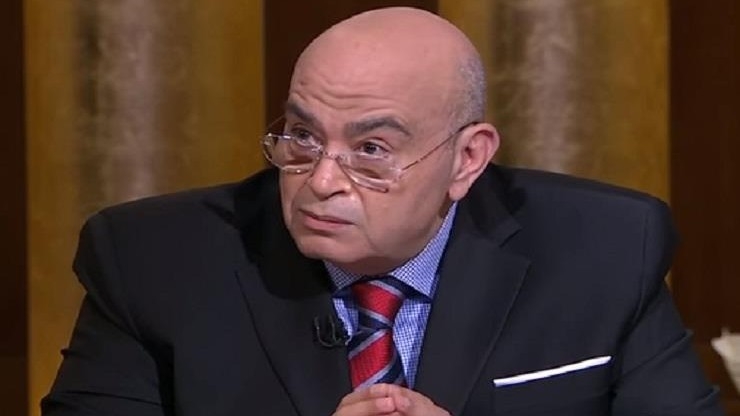Egypt: Sisi supporters offended by opinion article predicting fall of Middle East regimes

An article outlining reasons for the fall of authoritarian regimes, written by a prominent supporter of the Egyptian government, has triggered widespread reactions from officials and media personalities affiliated with the government of Abdel Fattah el-Sisi.
Emad el-Din Adeeb, 66, is among Egypt's most well-known journalists and pro-government public figures.
Although Adeeb's article was first published on 14 August on the Lebanese website Asas Media, officials who toe the government's line recently described it as "offensive", and claimed that the banned opposition group, the Muslim Brotherhood, could exploit it.
'I fear greatly for our regimes and peoples from now until the middle of next year, when the livelihood, poor services and the impossibility of daily life will become the fuel of devastating social unrest'
- Emad el-Din Adeeb, journalist
Mahmoud Mosallam, a journalist and a member of Egypt's Senate, told Ten Channel on Sunday, "I am sad that such an article is in the name of the writer Emad el-Din Adeeb. I cannot fathom until now that he wrote these difficult words."
New MEE newsletter: Jerusalem Dispatch
Sign up to get the latest insights and analysis on Israel-Palestine, alongside Turkey Unpacked and other MEE newsletters
In 2013, Adeeb supported Sisi's coup d'etat against the elected government of Mohamed Morsi. However, in recent years he has warned of civil unrest in Egypt if corruption was not tackled and the economy kept deteriorating.
Adeeb, who currently lives in Abu Dhabi, wrote in the article titled "14 reasons for the fall of rulers and regimes," that corruption, lack of interest in people's public good, ruling by whim, and favouring family members in government positions were part of the recipe for instability of regimes in the Middle East and the fall of leaders.
"I fear greatly for our regimes and peoples from now until the middle of next year, when the livelihood, poor services and the impossibility of daily life will become the fuel of devastating social unrest," Adeeb wrote.
Although Adeeb did not mention the government of Egypt or President Sisi, his article was interpreted as an analysis of Egypt's political and economic situation.
On Monday, Adeeb told CNN in Arabic that his article talks "about the world's political systems throughout history, and it has nothing to do with the Egyptian case".
However, pro-government officials were not pleased with it.
Mosallam told Ten Channel that he felt "saddened by the Brotherhood's celebration of Adeeb's article".
Mustafa Bakri, an Egyptian MP and Sisi supporter, also told channel Ten "Why does Emad el-Din Adeeb write in this pessimistic language? It is as if he wants to tell the world that Egypt is on the verge of a great chaos that could eat everything green and dry."
"Yes, we suffer from a difficult reality, and there are many groups that suffer from high prices, but why are these articles published at this moment? Is it an attempt to provoke frustration?" Bakri said.
In another controversial article in June, Adeeb write that Egypt is in need of an immediate financial assistance plan to avoid the risk of total collapse.
He urged Gulf countries to provide financial aid to Cairo before a likely “return to what the country witnessed in 2011," referring to the mass protest movement that overthrew long-time autocrat Hosni Mubarak.
Middle East Eye delivers independent and unrivalled coverage and analysis of the Middle East, North Africa and beyond. To learn more about republishing this content and the associated fees, please fill out this form. More about MEE can be found here.





